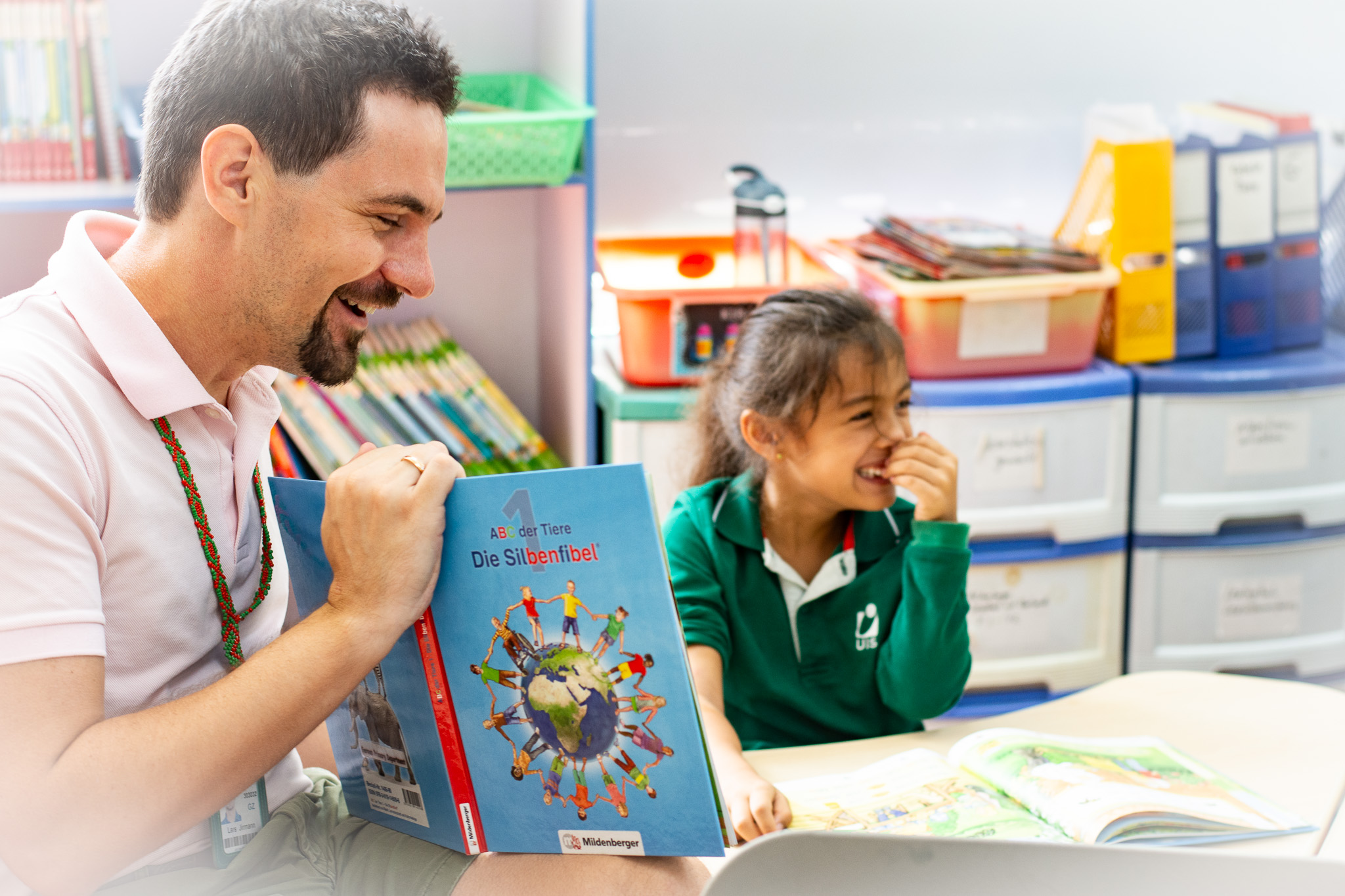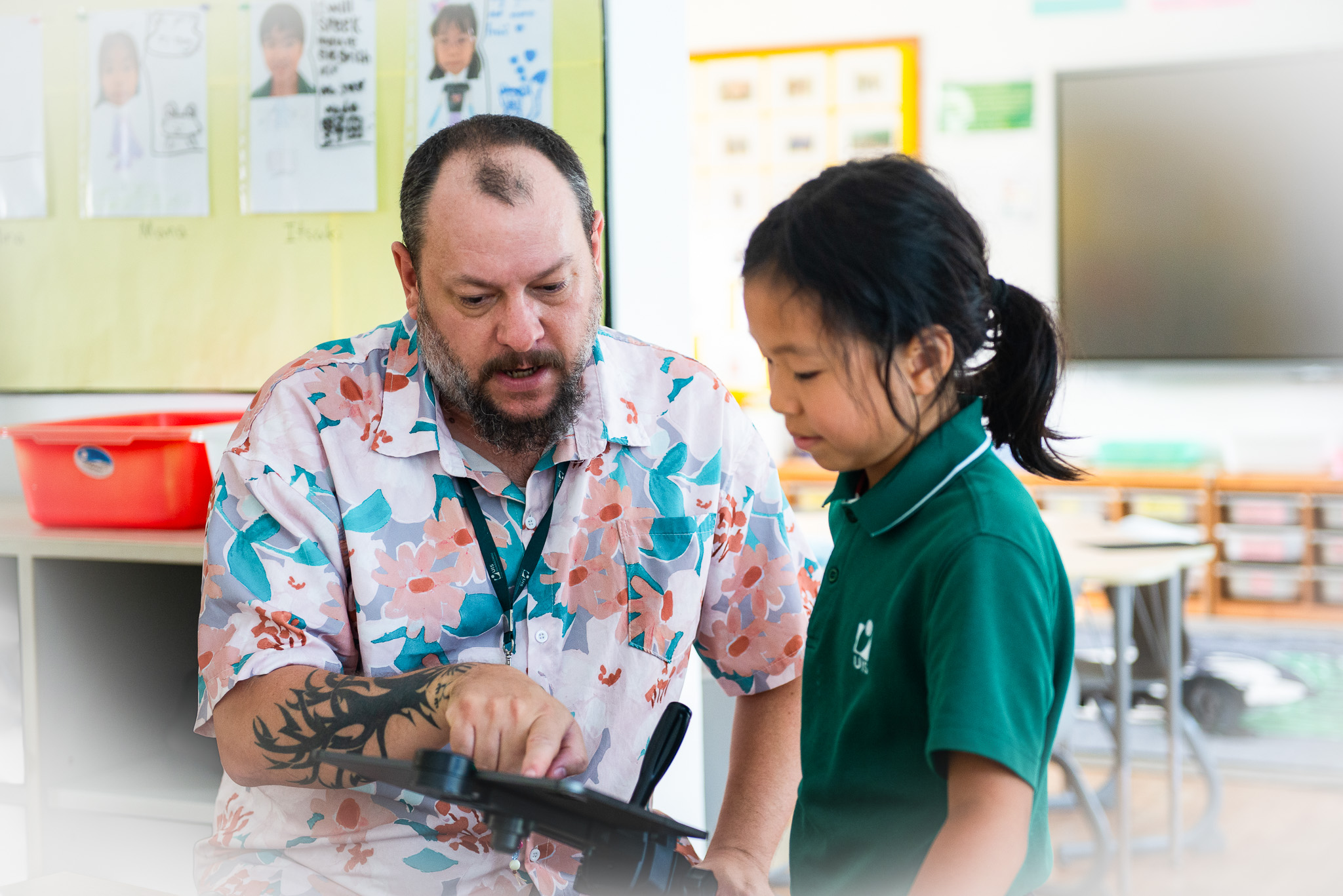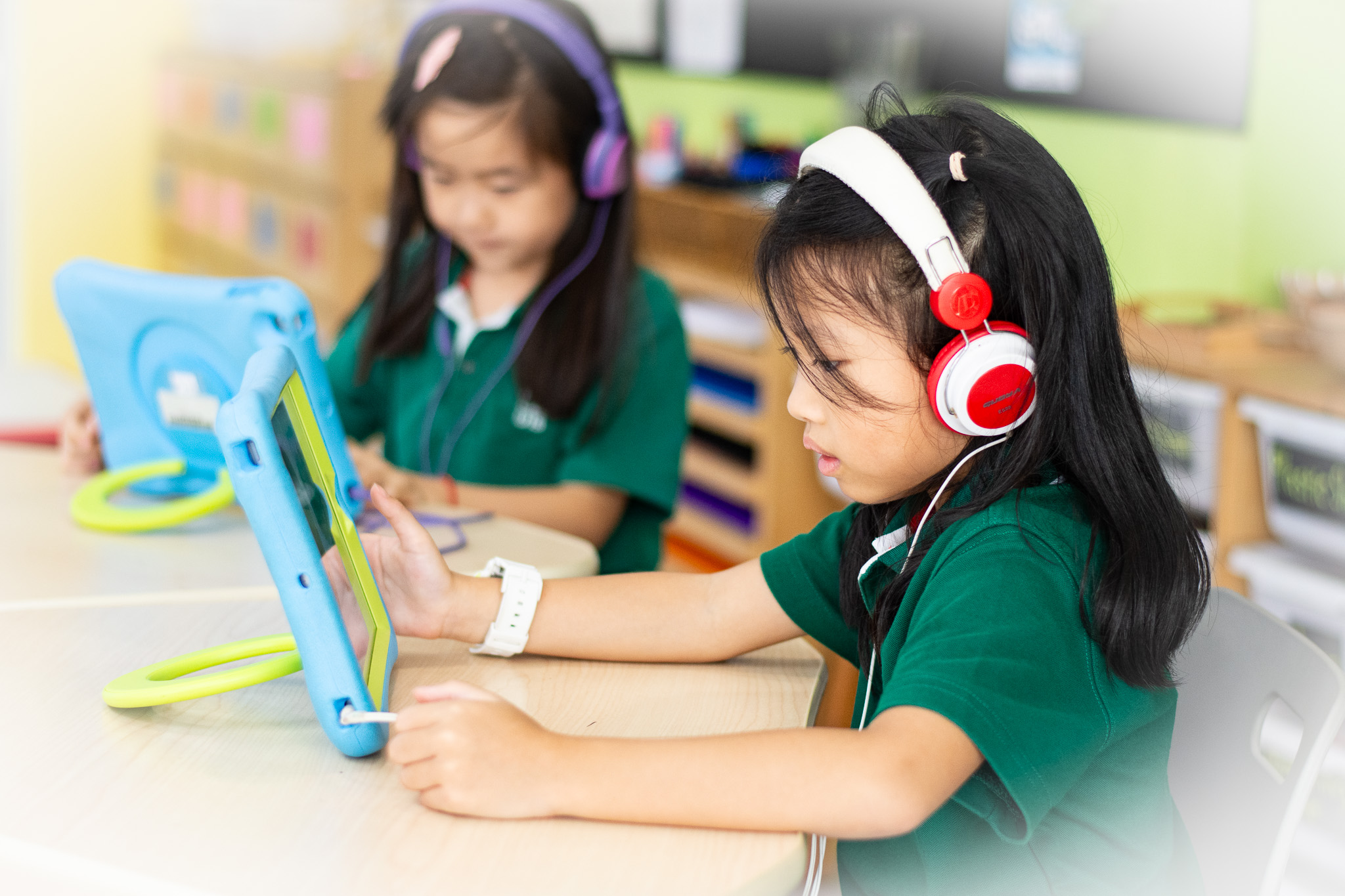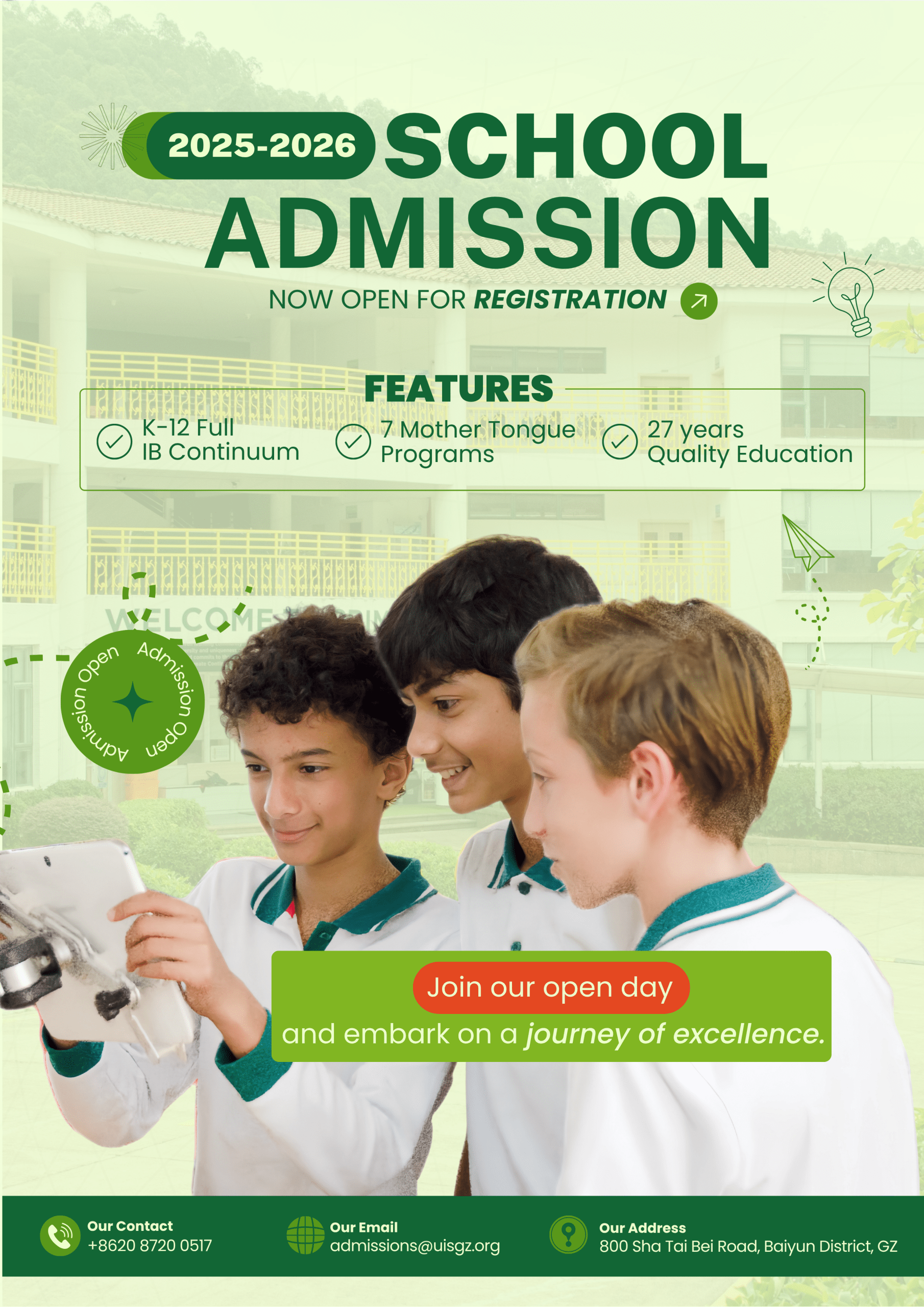At UISG, we have chosen the Primary Years Programme because it aligns perfectly with our mission and definition of learning. We believe in providing a unique education that values inquiry-led, student-centred learning through the IB Continuum. The PYP promotes these values by engaging students in challenging education that empowers them to be curious, independent, creative, and innovative learners. Additionally, the PYP promotes Mother Tongue learning and recognises the importance of language acquisition in an international context, which is crucial in our diverse community. It also creates a stimulating and protective learning environment based on understanding and respecting the UN Rights of the Child. By choosing the PYP, we ensure that our students receive a high-quality education that fosters their unique talents and needs, embraces cultural diversity, and prepares them to be successful global citizens.
Primary School
UISG Primary School Philosophy
AN INQUIRY-BASED PROGRAMME
Driven by Curious Minds
CONTACT US

Michelle Jones
Head of Primary
headofprimary@uisgz.org
headofprimary@uisgz.org









